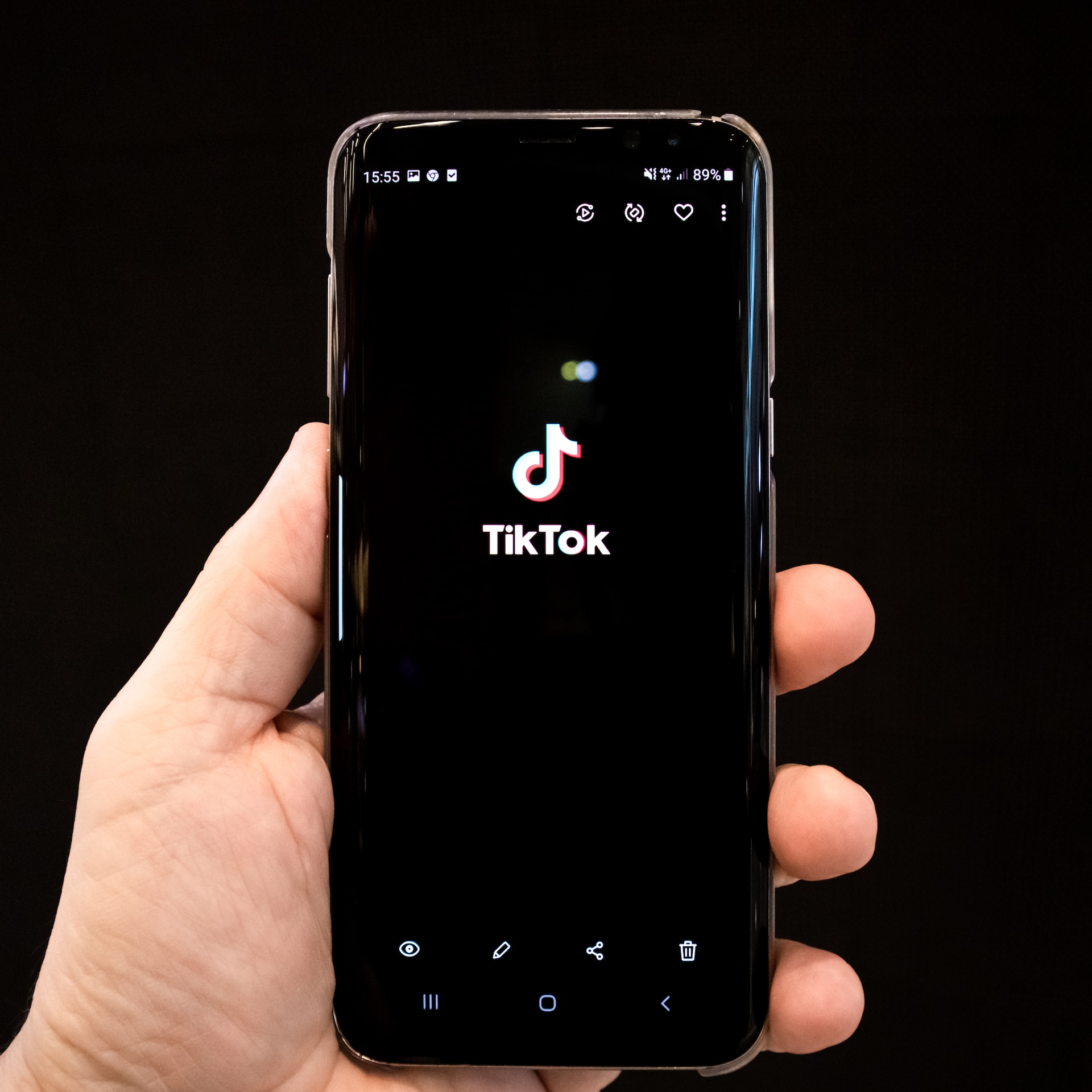Introduction
Chatbot, the OpenAI-developed AI chatbot, is now a valuable aid among numerous users looking for support with daily activities. Nevertheless, similar to any technology, it carries distinct limitations and challenges that users must be knowledgeable about.
One the major drawbacks of the ChatGPT system is the absence of empathy. In contrast to human support agents, the automated chatbot cannot detect subtle differences in voice intonation or feelings. Thus, it might not completely comprehend or relate with the patron’s emotions. Consequently, it might not offer equal amount of compassion and comprehension that a human agent could extend. It might be notably essential within vulnerable communications.
Limitation: Lack of Emotional Intelligence
One more restriction exists in ChatGPT’s capacity in understanding the context. This AI assistant provides answers only using the phrases used in a question. This does not completely understand the environment of the inquiry. It can cause imprecise or unrelated answers. Specifically when the context of a question is crucial for supplying the appropriate reply. For example, requesting information from ChatGPT to know the weather without providing the location details could lead to incorrect information.

Limitation: Contextual Understanding
Problems occur as a result of the proneness to machine learning chatbots to discrimination. In spite of attempts for their creation to have no bias, they could still receive hidden predispositions from the dataset used for training. This turns into a crucial problem when wrong answers disseminate false information. This can result in significant outcomes, specifically in fields for example, the medical and financial sectors.
Moreover, ChatGPT faces problems to consider human faults. People can commit spelling or errors in grammar when formulating their questions, resulting in inaccuracies in how the chatbot responds. Nevertheless, the AI assistant will persist in trying its utmost to comprehend and offer useful feedback. Occasionally, The AI might not identify errors like these and react with confusion or inconsequential details.
Challenge: Susceptibility to Bias
To demonstrate the constraints, we can assess ChatGPT employing specific stimuli that expose its deficiencies. For instance, inquiring about the popular coding language in the year 2023 will lead to the inability of ChatGPT to offer an exact response. The training trained until the current year and is devoid of real-world ability to access information. Likewise, asking about personal subjects such as the most effective approach to ending a romantic connection can result in replies that lack adequate sensitivity towards emotions. Nonetheless, it’s vital to handle these talks with sympathy and insight.
Challenge: Inability to Account for Human Error
In spite of these constraints and obstacles, ChatGPT still offers perks like fast retrieval to facts. Moreover, it supplies 24/7 availability. Comprehending these restrictions enables users to enhance their engagements with the artificial intelligence chatbot. This guarantees they get the top-notch aid for their demands. Through being mindful regarding the situation, not asking emotionally triggering questions, and ensuring the information is accurate, users can maximize the potential of ChatGPT. Simultaneously, they can accept its restrictions.










